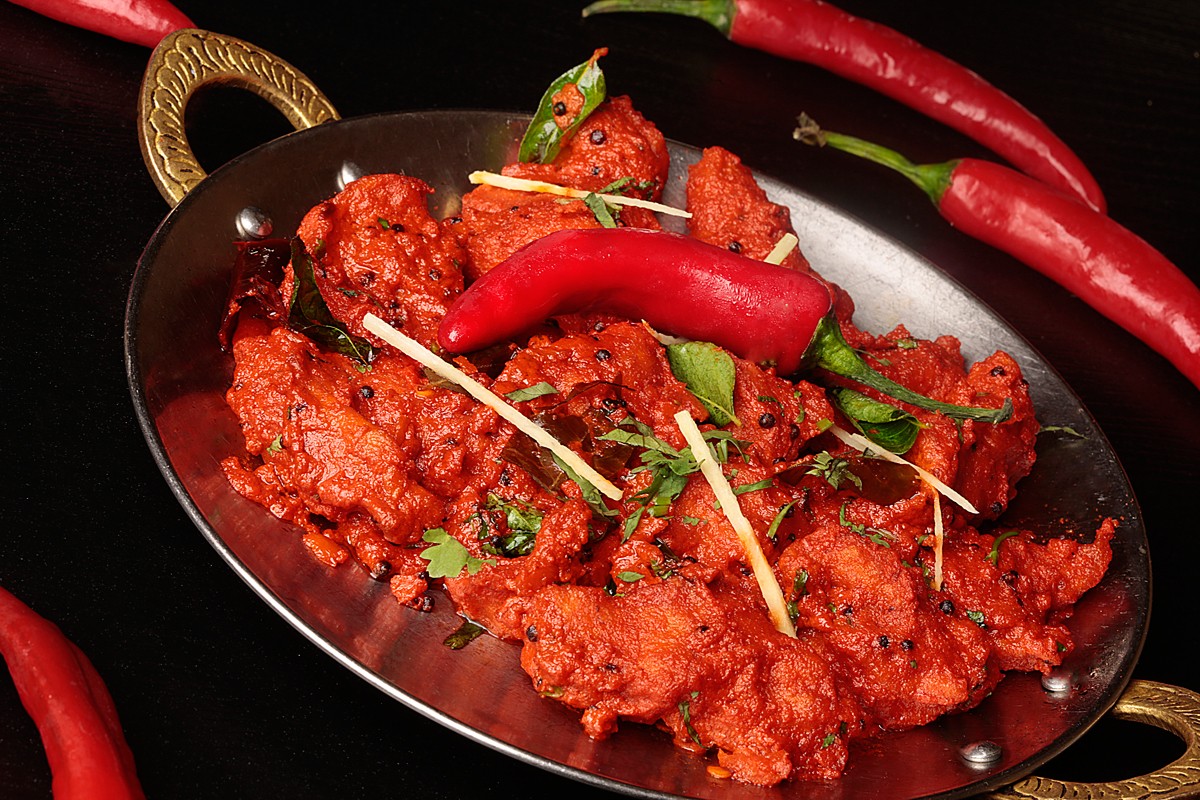Tucked in the vibrant heart of Jeddah, Zaikaki isn’t just an Indian fine dining restaurant — it’s a portal to the flavors, aromas, and stories of India. And at the center of this flavorful journey lies one legendary dish: biryani.
Beloved across generations and regions, biryani is more than just a meal — it’s a memory, a celebration, and a piece of history served on a plate. At Zaikaki, this iconic dish is brought to life with soul, care, and an unwavering commitment to authenticity.
A Dish with Royal Roots 👑
The story of biryani begins centuries ago in the grand courts of Indian royalty. It was a dish reserved for kings and nobles, known for its opulence and intricate preparation. Different regions across India developed their own versions — the fiery Hyderabadi biryani, the aromatic Lucknowi (Awadhi) version, and many others — each with a distinct personality and flavor profile.
Zaikaki pays homage to these deep-rooted traditions by embracing the Hyderabadi dum style — a cooking method where marinated meat and fragrant rice are layered and slow-cooked under a sealed lid. It’s a technique that allows spices to bloom, meat to tenderize, and rice to absorb every ounce of flavor.
The Secret? Time, Patience, and Heart ❤️
Behind every serving of Zaikaki’s biryani is a process that takes hours — sometimes days — of preparation. It begins with premium long-grain basmati rice, soaked and parboiled just right. The meat — whether it’s chicken, lamb, or even vegetables — is marinated in a rich blend of yogurt, saffron, ginger, garlic, and hand-ground spices.
Then comes the layering: rice, meat, rice again, all topped with caramelized onions, fresh herbs, a hint of rose water, and saffron milk. Finally, the pot is sealed with a dough lid, locking in the steam and creating that signature dum effect — where everything cooks slowly in its own essence.
The result? A biryani that’s rich but not heavy, spiced but not overwhelming — a perfect balance that dances on the palate with every bite.
Served With Soul 🍛✨
At Zaikaki, biryani isn’t just served — it’s presented. Each portion arrives in a traditional copper handi, topped with delicate fried onions and fresh coriander. Alongside it comes a refreshing bowl of raita (a yogurt-based dip), tangy pickles, and sometimes a hard-boiled egg — depending on the style.
But what truly completes the experience is the ambiance. From the moment you step into Zaikaki, the mood is set with warm lighting, modern Indian interiors, and the subtle scent of spices in the air. The staff offers stories behind the dishes, helping guests connect not just with the food, but with its heritage.
What Makes Zaikaki’s Biryani Stand Out?
In a city full of dining options, what keeps people coming back to Zaikaki for biryani?
It’s the consistency, the authenticity, and the passion. Every element — from sourcing local and imported ingredients, to slow-cooking with precision — is about preserving tradition while embracing modern excellence.
Guests often describe it as “the best biryani in Jeddah” or “comfort food done right.” Whether it’s a first-timer or someone who grew up with homemade biryani, Zaikaki’s version tends to strike that perfect nostalgic chord.
More Than Just a Dish — A Cultural Celebration 🌍
Biryani isn’t just popular in India — it has traveled the world, adapting and evolving. But at its heart, it remains a dish that brings people together. Families share it during celebrations, friends gather around it on weekends, and for many, it’s a weekly ritual.
Zaikaki embraces this communal spirit. Whether you’re dining in or taking it home, their biryani carries with it not just taste, but warmth. It reflects the restaurant’s broader philosophy: honor tradition, serve with love, and create experiences people remember.
An Invitation to Taste the Story 🍽️
So the next time you’re craving something rich in flavor and history, consider the biryani at Zaikaki. It’s not just food — it’s a tale of royalty, passion, and craftsmanship, told through every grain of rice.




